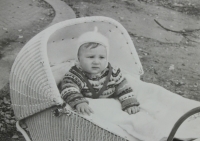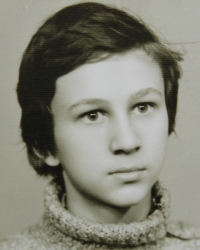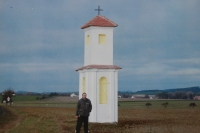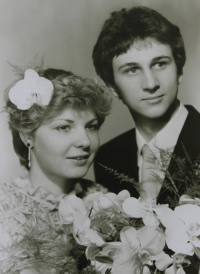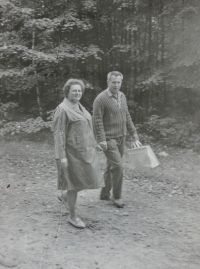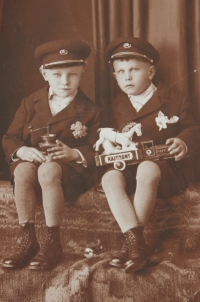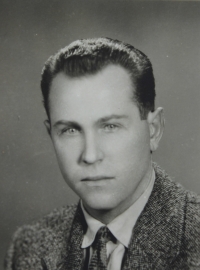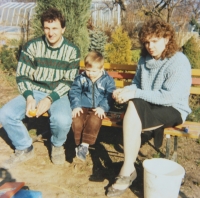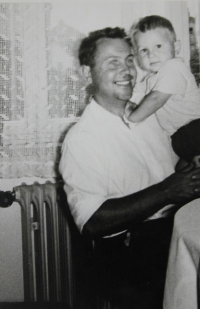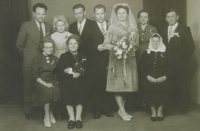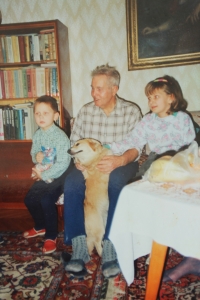The fifties were the biggest trouble for the whole family

Download image
Bohumil Loucký was born on November 18, 1962 in Znojmo. He comes from a kulak family. Father Bohumil and grandfather Ladislav owned a large farm in Jaroměřice nad Rokytnou. Both ancestors were sentenced by the Communists in the 1950s, the grandfather to six years in prison, the father to two years of forced labour in a camp near the uranium mines in the Jáchymov region. The punishment also included the confiscation of all property and a lifetime ban from the native Moravian Budejovice district (today Třebíč district). After his sentence expired, the father settled in Znojmo, where he worked in working class positions. After marrying a “class enemy”, Anežka’s mother lost her job as a clerk and worked as a cleaner. After elementary school, Bohumil Loucký attended the Znojmo High School of Horticulture, where he worked for a short time after graduating. Due to health complications, he earned a blue book and thus avoided compulsory military service. In 1983, he joined the Znojmo united agricultural cooperative (JZD), where he worked until the Velvet Revolution. He got married in the same year, and he and his wife Maria raised two children. He experienced the Velvet Revolution in Znojmo. After 1989, he started doing business in agriculture. In the 1990s, the family received confiscated land in Jaroměřice nad Rokytnou in restitution, on which Bohumil Loucký still lives and does business today (2021).
